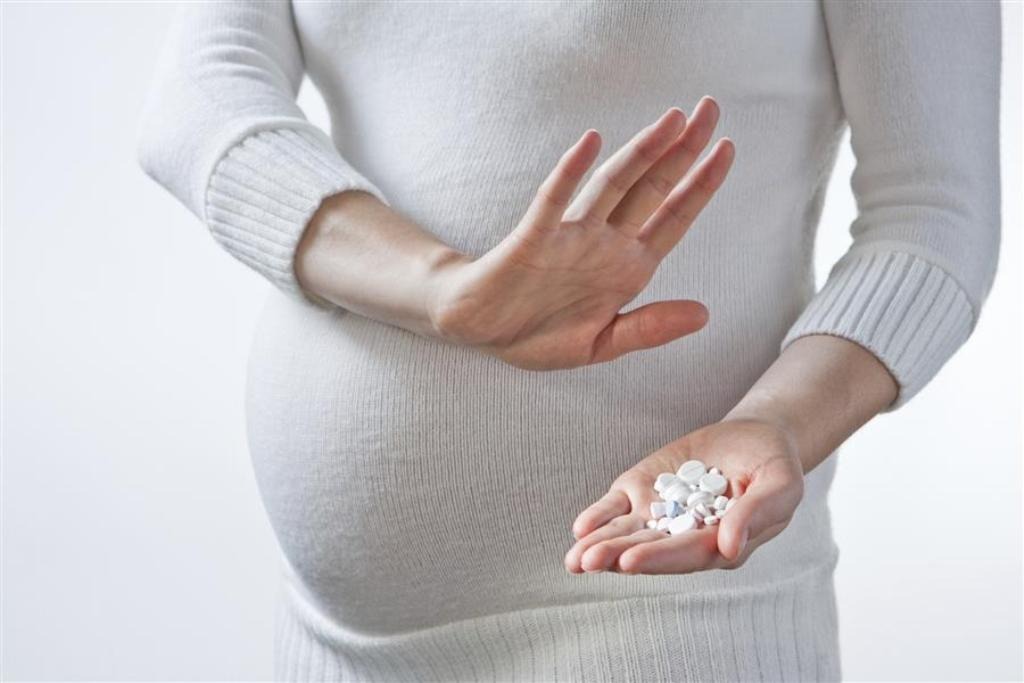
Yeast infections are common for women during pregnancy,especially during the second trimester of pregnancy. Common and a normal symptom in the second trimester is an increase in the amount of thin, white, odd smelling discharge. Even though yeast infections have no major negative effects on pregnancy, issue of discomfort is prominent.
When the normal levels of acid and yeast in the vagina are out of balance, it allows the yeast to overgrow causing an uncomfortable, less complicated condition called yeast infection. Anyway consulting a physician and seeking help can help to overcome the discomfort caused.
A yeast infection can be caused by one or more of the following:

The chemical changes that happens during pregnancy, mainly in the vaginal environment due to increase in the amount of sugar in the vaginal secretions causes an imbalance resulting in too much fungus and eventually yeast infection.
The symptoms of a yeast infection include one or more of the following:
If one had similar symptoms of that of a yeast infection, and if not a yeast infection, then there are chances for the following diseases.
Either by examining the vaginal secretions through a microscope or by simple examination of the vagina, a physician can diagnose a yeast infection.
The oral medication, Diflucan is not considered to be safe during pregnancy and lactation period, therefore physicians recommend only vaginal creams and suppositories to treat yeast infection. If left untreated, yeast infections may pass to the baby’s mouth during delivery which is referred to as “thrush” and it can be effectively treated with Nystatin. It may take about 10-14 days to find a complete relief and it is advised to use a starch-free drying powder in order to prevent a recurring infection.

Normally yeast infections can be avoided by considering the following points:
If you experience these similar symptoms, consult a doctor immediately to avoid other infections like STD’s. Proper diagnosis during proper time is considered to be effective to avoid other complications. If no improvement happen within three days, or if the condition get worse or if infection came back after treatment, contact your health provider again and take appropriate measures.
It is the most powerful creation to have life growing inside of you.There is no bigger gift